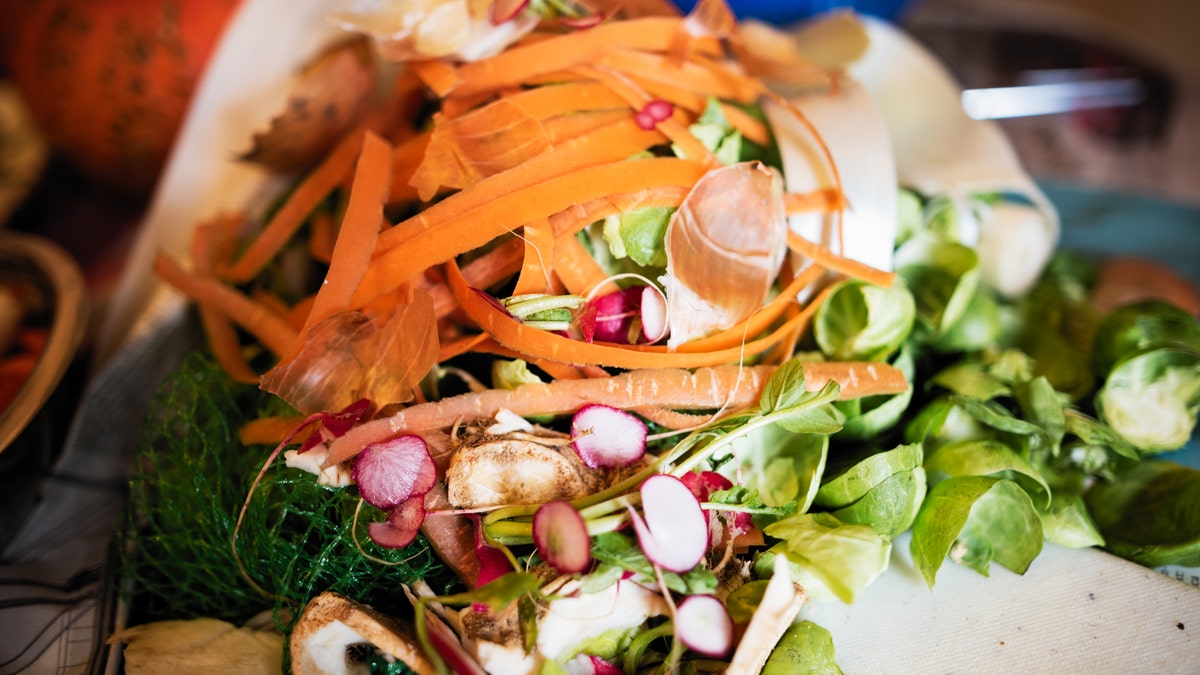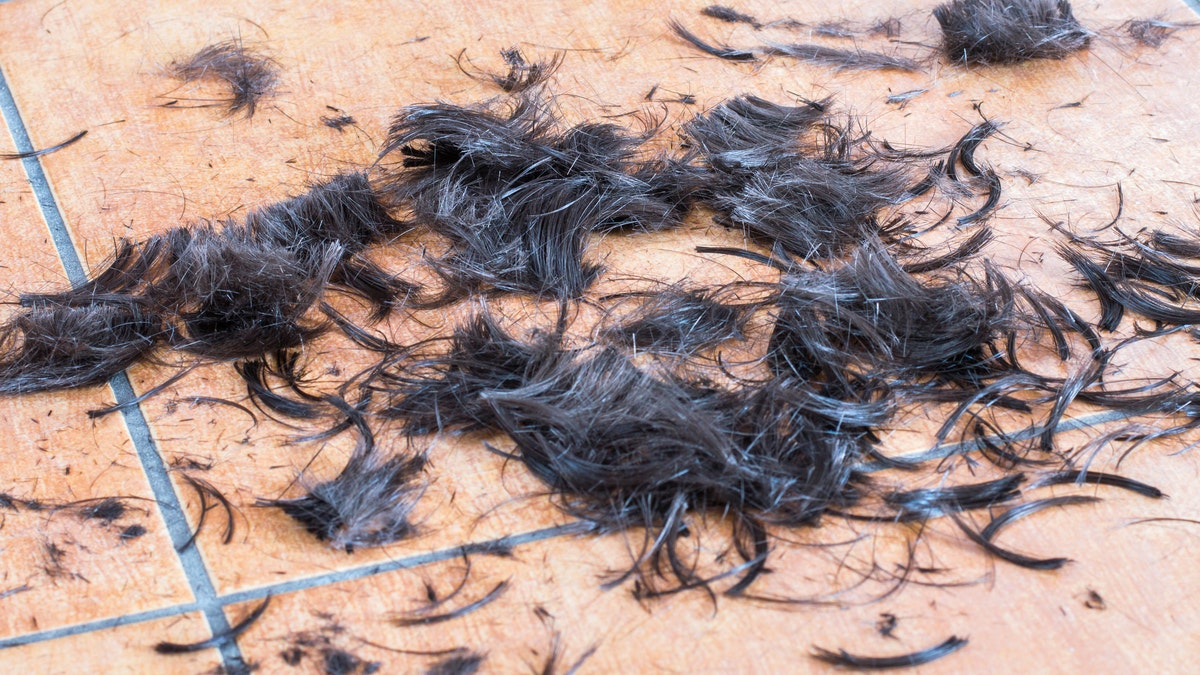
Compost: It's not just for food scraps anymore. (iStock)
It's New Year's resolution time, and if you've got "declutter the house" at the top of the list, you're probably pulling out the garbage bags and getting ready to go to work. But hold on! Instead of adding to the landfill, you can compost plenty of items around the house instead.
Think of it as a win-win: Composting not only whittles down your trash heap, but is "an inexpensive way to generate nutrient-rich organic matter for your garden," says Amy Enfield, a consumer horticulturist at Scotts Miracle-Gro.
Any gardeners worth their salt know that you can compost leaves, lawn clippings, and some food scraps. But it turns out there's plenty more you can compost that all too often ends up in the trash.
Curious what you might be overlooking? Here are some surprising items you can toss on the compost pile, particularly when you're trying to pare down your possessions.
What you can compost
More From Realtor.com
- Burlap: Whether you've got a bunch left over from a crafting project or you're no longer a big fan of rustic decor, burlap is made of woven fabric. That makes it "absolutely compostable," says Pol Bishop, a professional horticulturist and gardening expert at Fantastic Gardeners. In fact, you may notice that some coffee companies sell their product in burlap bags, because it's all natural.
- Coffee grounds and filters: Speaking of coffee, the grounds and paper filters contribute what's known as the brown matter of a standard compost pile. Brown matter is carbon rich, which mingles well with the nitrogen-rich green matter mixed in.
- Paper: From newspaper to cardboard, most old paper can be thrown in the compost pile, Enfield says. After all, paper came from trees, which makes it pretty natural. The chief exception is glossy or colored paper, since strong dyes, heavy inks, and other printing chemicals are not biodegradable.
- Expired flour, pasta, spices, and herbs: Cleaning the kitchen cabinets is an easy way to fill a trash bag. But you don't have to toss that old jar of cumin or the bread flour that's been wasting away in the back of the pantry. Flour, pasta, and spices are all compostable, Bishop says.
- Pine needles: Anyone who has ever had a live Christmas tree set up in their home for the holidays knows the scourge of a dry tree shedding its needles. Grab the dustpan and broom, and collect all those needles to add to your compost pile. "Their pH levels become neutral after the composting process has finished, so they're safe for use in your garden," Bishop notes. "You can also throw your real Christmas tree in the compost pile after the season if you don’t know how to dispose of it. Just make sure the branches aren’t too thick, or it won’t decompose as fast as you’d want it to."
- Wine corks: Keep in mind they may take longer to break down than some other items, Enfield says, and check to make sure that your cork is truly made of cork. If your wine was stoppered with something made from foam and plastic, it's not a fit for the compost pile.
- Hair: Do home haircuts? Have a pet that sheds? It tends to surprise people that hair is compostable, Bishop says. She advises people to clean out their brushes as well!
- Sawdust: Yup, it's another tree byproduct, and it's great brown matter that can go from building project remnant to flower food in a compost pile.
- Post-it notes: It's paper, so yes, those little yellow squares covered with your reminders are compostable. And yes, even with the glue, Bishop says. "Don’t worry about it, as it is nontoxic," she notes.
- Jams and preserves: Check the fridge for those half-eaten jams and jellies from the holidays. Whatever wasn't up to snuff can go directly out to the compost pile.

No need to shave your head. Just make sure to compost that hair when it eventually falls out. (iStock)
Some things you can't compost
Wondering what could possibly be left that can't be composted? The experts have a short list of organic matter that doesn't make the cut:
- Animal byproducts (aside from pet fur): Whether it's meat or your pet's droppings, they're not good for the compost pile. Not only may they attract pests, due to the smell, but they can also harbor unhealthy bacteria, Enfield warns.
- Diseased plants: "Disease or insect-infested plant material shouldn't be added, because the heat generated by the compost pile is usually not high enough to kill the fungal spores causing the disease, and sometimes enough heat isn't generated to kill insects and their eggs," Enfield explains.
- Anything treated with a pesticide: Again, Enfield warns, the pesticides will contaminate the whole compost pile, so it's best to steer clear of them. "You don't want to add chemicals to your compost."
This post, originally titled "Don't Toss It! 10 Surprising Things You Can Compost (and 3 You Really Shouldn't)," appeared first on Realtor.com®.




















